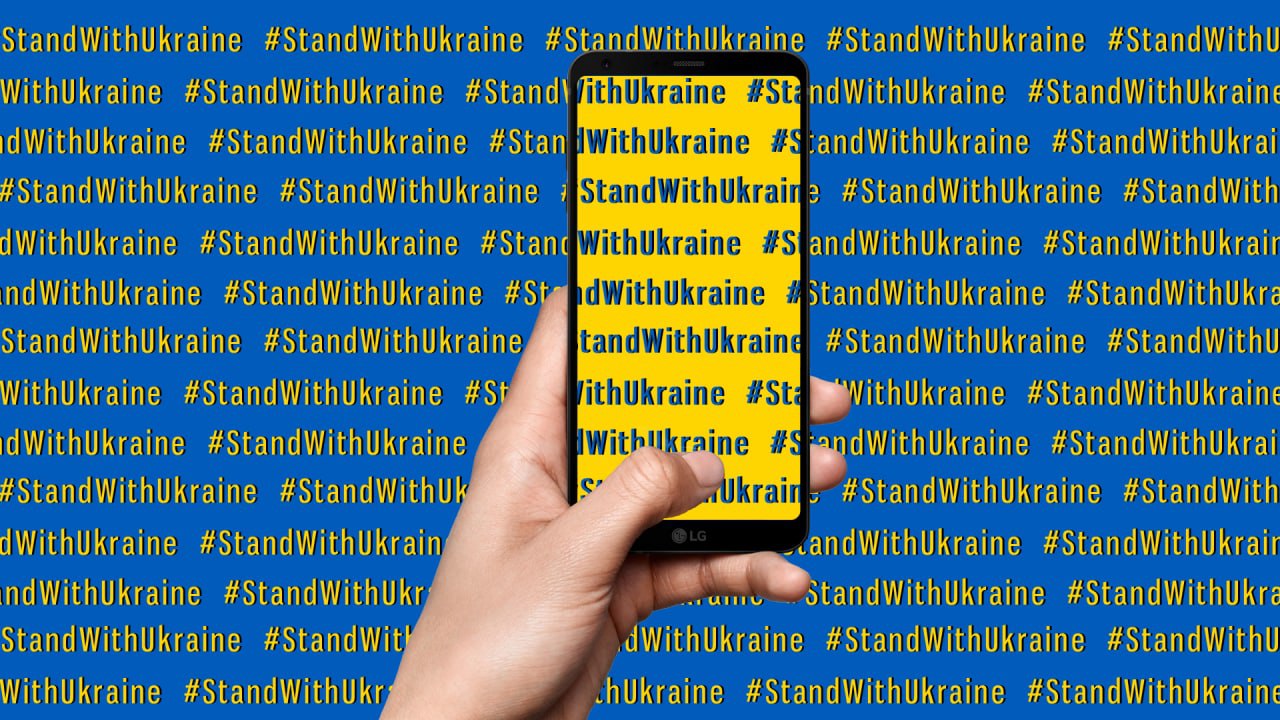Minister of the Interior Marija Golubeva also acknowledged on Tuesday after the government meeting that the initially projected number of 10,000 refugees has already been exceeded, so the Ministry of the Interior is preparing the next stage of the reception plan. In order to agree on this, it is first necessary to identify the support resources available in the country. It is planned to do this next week.
The Minister reminded that the amendments to the Law on Support for Ukrainian Civilians supported by the government on Tuesday stipulate that when a local government reaches the maximum number of accommodation opportunities for Ukrainian refugees set by the Cabinet of Ministers, the state will have the right to transfer refugees to other local governments. This means that refugees will have to be admitted "more or less in proportion" to the population of the municipality and according to the accommodation possibilities.
The draft law has yet to be adopted by the Saeima, but the regulations of the Cabinet of Ministers will provide for a more detailed mechanism for the redistribution of refugees.
However, this mechanism should not be perceived absolutely, namely, if a local government announces that its accommodation opportunities has run out, then, according to the minister, "we will definitely come forward and try to figure something out".
"But there must be a general principle and solidarity between local governments. Given the overburden in Riga and other large cities, it would only be fair for other local governments to participate. At least in my conversation with the Latvian Association of Large Cities, there was no misunderstanding," the minister said.
As reported, since the beginning of the war in Ukraine, 12,392 war refugees from Ukraine have received residency documents with the right to employment, according to the latest information released by the Ministry of the Interior.
Of the 12,392 Ukrainian residents, 10,318 were issued humanitarian visas and 2,074 were issued temporary residence permits.
Meanwhile, Latvia's civil protection committees have had to help 7,587 war refugees from Ukraine to find accommodation.
Most of the Ukrainian war refugees are women and children. Some of the arrivals stay with their relatives, friends or acquaintances in Latvia.
Ukrainian residents who have biometric passports and do not need any social assistance, may stay in Latvia for 90 days without informing state institutions about it.
The number of Ukrainian refugees in Latvia has already exceeded the initially projected 10,000.
The Ministry of the Interior does not expect the arrival of refugees to cause an accommodation crisis in the first three months, because in addition to the accommodation facilities offered by local governments, hotels and guests houses can also be adjusted for the accommodation of people fleeing the war.
At the same time, in preparation for an even larger influx of war refugees from Ukraine, authorities in cooperation with local governments are looking to adjust former school buildings, dormitories and other premises for the accommodation of refugees.






























